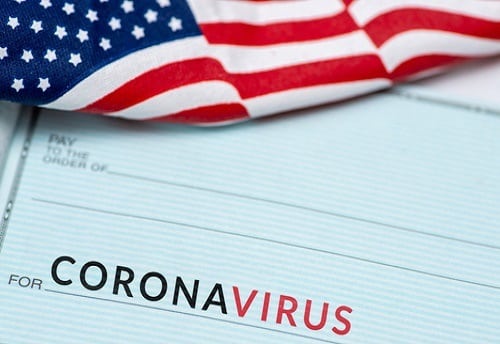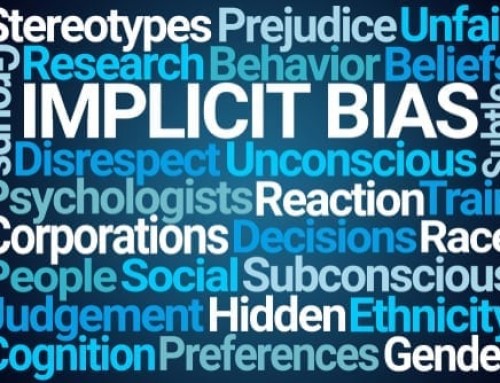On March 10, 2021, Congress passed a $1.9 trillion coronavirus relief bill called the American Rescue Plan Act (“ARPA”), and President Biden signed it into law on March 11. The bill affects employers in several ways, including adding an optional extension to leaves provided by the Families First Coronavirus Response Act (“FFCRA”) and providing a subsidy for employer-paid COBRA premiums paid on behalf of employees who have been recently terminated. Employers need to be aware of these key provisions of the ARPA, including some specific notice requirements.
Extensions to tax credits for extending paid leave
Though the ARPA does not require that employers provide paid leave to employees, it grants federal tax credits to those who do. The FFCRA passed in 2020 required employers with fewer than 500 employees (with limited exceptions) to provide emergency paid sick leave and expanded family medical leave in 2020, but the FFCRA expired December 31, 2020. The ARPA allows private employers the option to continue to grant employees FFCRA leave and receive a payroll tax credit. For employers who choose to extend the FFCRA leave, the types of leave for which a payroll tax credit can be claimed have also been expanded. Those types of leave now include obtaining a COVID-19 vaccine, recovering from illness or condition related to COVID-19 vaccine, or seeking or awaiting the results of a COVID-19 test or diagnosis due to exposure or employer request.
The ARPA also resets the ten-day limit for emergency paid sick leave under the FFCRA starting April 1, 2021. This allows the employer to claim a payroll tax credit to offset up to ten days of wages it provides under FFCRA’s Emergency Paid Sick Leave Act from April 1 to September 30, 2021, even if the employee previously used their FFCRA emergency paid sick leave entitlement.
The ARPA adds a nondiscrimination requirement for employers to receive the tax credits. Employers may not claim a tax credit on wages paid if the employer discriminates in favor of highly compensated employees, full-time employees, or based on tenure. Further, employers must comply with the terms of the FFCRA leaves they seek to take tax credits for in order to receive those tax credits.
Before the president signed the ARPA on March 11, the coronavirus-related Tax Relief Act of 2020 had extended the tax credit to reimburse employers for the cost of providing paid leave through March 31, 2021. The ARPA will continue that payroll tax credit through September 30, 2021. In light of the ARPA extending available tax credits, employers should consider whether to continue or implement paid leave as provided for in the FFCRA. There are some limits to the payroll tax credits which employers should discuss with their tax professionals.
Full Subsidies for Employer-Paid COBRA Premiums
The ARPA allows workers who were terminated over the past year the option to receive a full subsidy to cover COBRA health insurance coverage from April 1 through September 30, 2021. This also applies to COBRA qualified beneficiaries who previously did not elect COBRA or who previously elected it and dropped the coverage. Additionally, individuals who were already enrolled in COBRA can change their elected option to a cheaper option if their plan sponsor chooses to provide that option to the participant. Employers who provide the COBRA subsidy will receive a refundable Medicare payroll tax credit.
Employers are required to provide notice by May 31, 2021, of the subsidy’s availability to individuals who become eligible to elect COBRA during the period of April 1, 2021, to September 30, 2021. They are also required to provide notice to each individual who previously declined or ceased COBRA coverage but whose maximum COBRA coverage period would not yet have ended by April 1, 2021. Such a person is eligible for an extended election period to enroll or reenroll. Finally, employers must also provide a notice of expiration of the subsidy between 15 and 45 days before the date on which the individual’s subsidy will expire. The Department of Labor should issue a model notice and other guidance within the next few weeks. While awaiting the official guidance, employers should compile a list of individuals that will need to be notified so that they are ready once guidance issues.
The Departments of Treasury, Labor, and Health and Human Services will be issuing regulations and guidance, including model notices, to support employers in the coming weeks. South Carolina employers who have questions about their obligations or need help navigating the new law can contact our employment lawyers at Gignilliat Savitz & Bettis for help.






